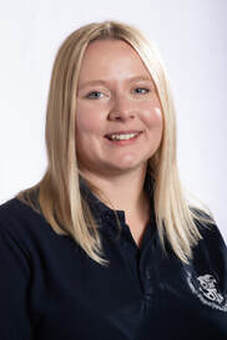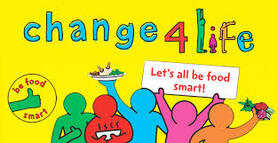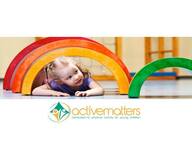"It is impossible to educate the mind without involving the body.
Learning is thinking and movement integrated"
Marie Montessori
From an early age, a child's level of physical development dictates their ability to hold a pencil, put on their shoes and read a book, and as children grow this set of skills will determine how they behave for the rest of their lives.
Developing fundamental movement skills is key to helping nurture a child's physical development. They are the building blocks of being active; they underpin every movement that we’ll make throughout our lives.
Learning fundamental movement skills enables agility, balance and coordination and should be developed from an early age to ensure that every child is given the opportunity to excel in sports and fitness.
Developing these core skills can have a positive effect on confidence, cognitive function and communication.
The seven fundamental movement skills aim to improve a child's coordination, balance and control.
...
What are the seven fundamental movement skills?
Running, Jumping, Coordination, Throwing, Catching, Kicking Striking.
Developing fundamental movement skills is key to helping nurture a child's physical development. They are the building blocks of being active; they underpin every movement that we’ll make throughout our lives.
Learning fundamental movement skills enables agility, balance and coordination and should be developed from an early age to ensure that every child is given the opportunity to excel in sports and fitness.
Developing these core skills can have a positive effect on confidence, cognitive function and communication.
The seven fundamental movement skills aim to improve a child's coordination, balance and control.
...
What are the seven fundamental movement skills?
Running, Jumping, Coordination, Throwing, Catching, Kicking Striking.







